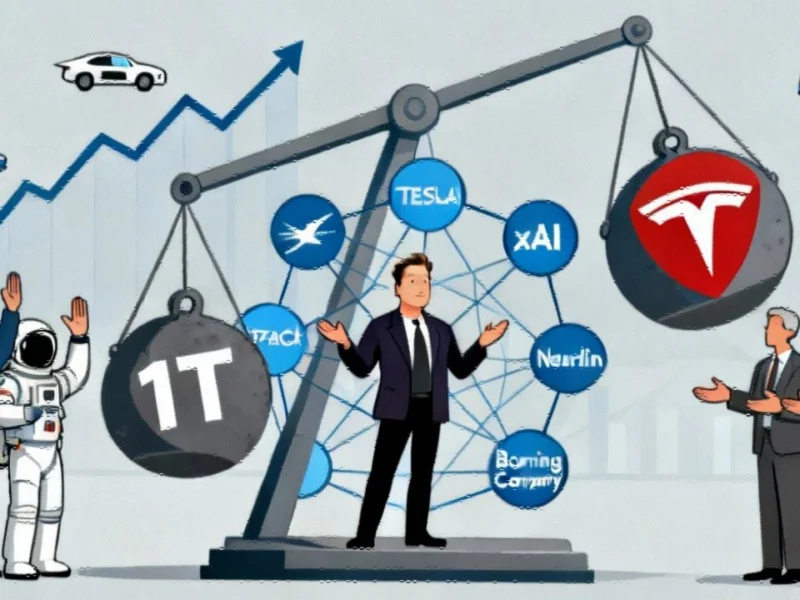According to EU-Startups, Dutch venture capital firm henQ has launched its fifth fund with €67.6 million to back early-stage B2B software startups across Europe. The fund will make initial investments of €1-10 million in 8-12 companies over five years, focusing specifically on founders operating in markets that other investors consider “boring,” “too small,” or unconventional. Notably, henQ 5 achieved nearly the same size as its predecessor fund despite raising without institutional or government money, which constituted almost half of henQ 4’s capital. The firm’s partners emphasized their exclusive focus on founder execution quality and their commitment to remaining lean while making fast investment decisions, even in temporarily undervalued markets. This approach stands in contrast to larger European funds announced in 2025, including Notion Capital’s €114 million growth fund for AI-driven software and Evantic Capital’s €341 million debut B2B-AI fund.
The Execution-First Philosophy in European Venture
henQ’s laser focus on founder execution represents a significant departure from the pattern-matching approach that dominates much of European venture capital. While many funds prioritize market size, traction metrics, or technological trends, henQ’s conviction that “all other investment criteria are trumped by execution” creates a fundamentally different selection mechanism. This philosophy enables them to identify talent that might be overlooked by traditional venture processes—founders who may be building in seemingly unsexy sectors but possess extraordinary operational capabilities. The firm’s ability to make “very fast decisions” suggests they’ve developed assessment methodologies that go beyond conventional due diligence, potentially evaluating founders’ resilience, resourcefulness, and domain expertise more deeply than their peers.
The Unique Economics of European B2B Scaling
Partner Jan Andriessen’s insight about European scaling complexity reveals a nuanced understanding of regional market dynamics that many U.S.-influenced venture models miss. The fragmentation of European markets—with different languages, regulations, and business cultures—means that geographic expansion requires significantly more founder attention and operational sophistication than simply pouring capital into customer acquisition. This reality creates a structural advantage for funds like henQ that understand how European B2B companies can “scale up rather cash efficiently” after reaching critical mass. Their concentrated portfolio approach aligns with this understanding, recognizing that European winners often require more hands-on guidance through complex international expansion rather than massive funding rounds to blitzscale.
The Strategic Value of Independent Capital
henQ’s decision to forego institutional and government money—which comprised nearly half of their previous fund—represents a bold statement about investment independence in an era of increasingly constrained LP expectations. By building henQ 5 with entrepreneurial LPs, the firm positions itself to make truly long-term decisions without pressure to deploy capital within specific timelines or follow conventional wisdom about “hot” sectors. This independence becomes particularly valuable during market corrections, when institutional LPs often push portfolio companies toward premature exits or conservative strategies. The composition of their LP base suggests henQ values strategic alignment over sheer fund size, creating a foundation for the patient capital that European deep tech and B2B software often requires.
Finding Alpha in “Boring” Markets
henQ’s explicit targeting of markets that others consider “boring” or “irrelevant” represents a sophisticated contrarian investment thesis. In venture capital, the most competitive deals often deliver the lowest returns due to valuation inflation and crowded cap tables. By systematically avoiding hyped sectors, henQ positions itself to capitalize on market inefficiencies where talented founders face less competition for talent, customers, and resources. Their track record with companies like Mendix and Mews demonstrates that seemingly niche B2B markets can generate outsized returns when approached with domain expertise and patience. This strategy becomes increasingly relevant as AI and other buzzworthy technologies attract overwhelming investor attention, potentially creating valuation bubbles in those sectors.
Who Wins and Loses in This Model?
For European founders, henQ’s approach creates an alternative pathway for those building businesses outside current investment trends. Technical founders with deep domain expertise in unsexy industries—manufacturing software, logistics optimization, specialized enterprise tools—now have a potential partner who understands that market size estimates often underestimate the value of solving painful, specific business problems. However, this model necessarily excludes founders pursuing capital-intensive strategies or those in sectors requiring network effects to succeed. The limited number of investments (8-12 companies over five years) means henQ will remain highly selective, potentially leaving many qualified founders without access to their particular blend of capital and expertise. For the European ecosystem overall, henQ’s success or failure with this concentrated, independent approach will provide valuable data about whether smaller, more focused funds can consistently outperform the mega-fund trend dominating venture capital.




